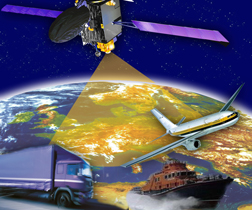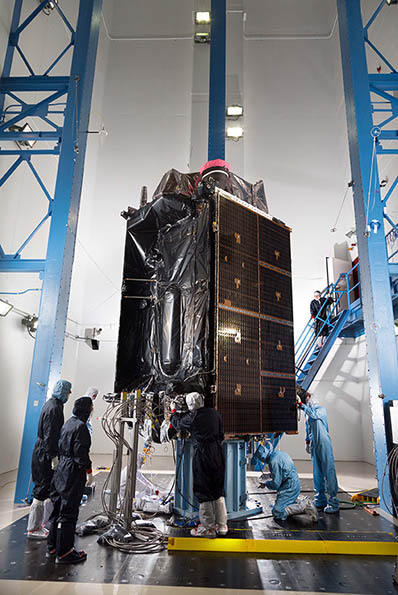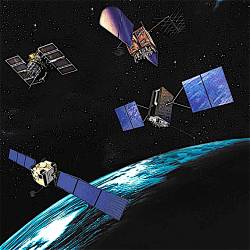SpaceX Snares GPS III Launch Services Contract
The Air Force announced today (April 27, 2016) the award to Space Technologies Corporation (SpaceX) of an $82.7-million contract for GPS III Launch Services.
The Air Force characterized the contract as “the first competitively sourced National Security Space (NSS) launch services contract in more than a decade.” However, a decision last November by the United Launch Alliance (ULA), a joint venture of Boeing and Lockheed, not to compete for this GPS III launch effectively left SpaceX as the only bidder.
By Inside GNSS












